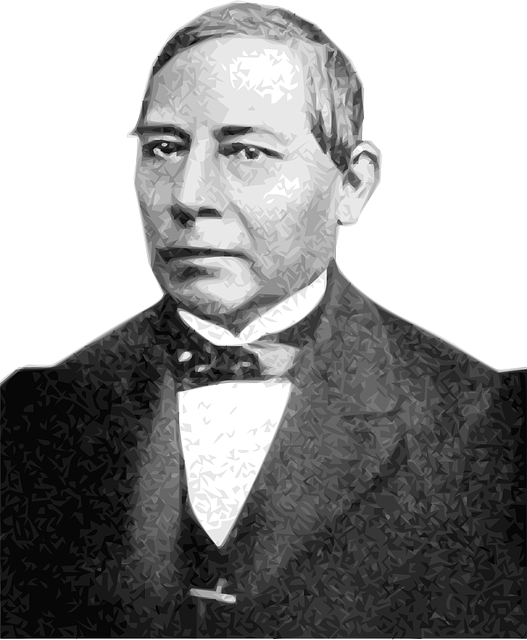Many companies are adopting Corporate DUI Awareness Workshops to combat drunk driving among employees, especially those in leadership roles. These workshops aim to fill policy loopholes by educating on legal consequences, clarifying company policies, and discussing ambiguities. Using interactive simulations, online courses, and role-playing scenarios, these modern training methods enhance knowledge retention and encourage responsible behavior. By integrating real-life case studies and virtual sessions, companies can promote uniform alcohol awareness education and reduce workplace risks associated with impaired decision-making.
In today’s digital era, closing loopholes in corporate DUI (drunk driving under influence) policies is more critical than ever. This article explores the intricate challenges posed by these policy gaps, focusing on two key areas: understanding the nuances of corporate DUI guidelines and implementing effective strategies to enhance employee alcohol awareness. Through a combination of case studies and expert insights, we delve into practical solutions, emphasizing the importance of tailored Corporate DUI Awareness Workshops for comprehensive risk mitigation.
- Understanding Corporate DUI Policies and Their Loopholes
- Strategies to Close Gaps in Employee Alcohol Awareness Training
Understanding Corporate DUI Policies and Their Loopholes

Many companies are now recognizing the importance of addressing drunk driving within their organizations, leading to an increased focus on corporate DUI (Driving Under the Influence) policies. These policies aim to create a culture of responsibility and accountability among employees, especially those who might be in positions of authority or responsible for managing other staff members. However, despite good intentions, corporate DUI policies often come with loopholes that need addressing.
Workshops centered around Corporate DUI Awareness can play a pivotal role in plugging these gaps. These workshops should not only educate employees about the legal implications and company consequences of DUI but also delve into the nuances of policy interpretation. By fostering open discussions, they can help identify and rectify any ambiguities within the existing policies. Additionally, these sessions could offer practical strategies for promoting responsible behavior, such as encouraging colleagues to look out for one another and report suspicious behavior, thereby strengthening the overall framework against drunk driving in the corporate sector.
Strategies to Close Gaps in Employee Alcohol Awareness Training

In today’s digital era, where corporate responsibility is under heightened scrutiny, closing gaps in employee alcohol awareness training has become paramount. Traditional methods often fall short in effectively communicating the dangers of impaired decision-making and its legal implications, notably in cases like Corporate DUI (Driving Under the Influence). To address this, innovative strategies such as interactive simulations, dynamic online modules, and engaging workshops are transforming training programs. These modern approaches not only enhance knowledge retention but also encourage active participation, ensuring that employees grasp the severity of alcohol-related risks in a professional setting.
One effective strategy is the integration of real-life case studies and role-playing scenarios. By presenting participants with ethical dilemmas and legal consequences, these workshops foster empathy and accountability. Additionally, leveraging technology to offer remote or virtual training sessions expands accessibility, accommodating diverse work schedules and geographical locations. This inclusive approach guarantees that all employees receive uniform education, thereby reducing the likelihood of mistakes due to information gaps.
In closing, addressing gaps in corporate DUI policies and employee alcohol awareness training is paramount for fostering a culture of responsible drinking and preventing incidents. Implementing tailored workshops like Corporate DUI Awareness programs can significantly enhance understanding, close loopholes, and ultimately save lives both within organizations and on public roads.






